Continuing my “summer of satire.” This is a book on MBUSD reading lists that I had never read, but had always meant to. It is not the most uplifting of books. The hero is crazy, the aliens question our focus on linear time, and the insanity of war rips throughout the book.
Book Genre: Recommended for Young Adults
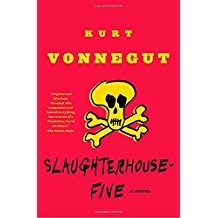
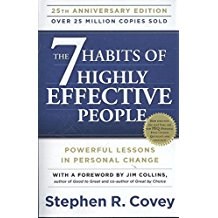
The Seven Habits of Highly Effective People
Stephen Covey
1989
Read: 2010 or before
Education/Leadership, Non-Fiction, Reading Now, Recommended for Young Adults
This is another one of my bedrock books. Stephen Covey has had such an influence on my personal and professional life. The seven habits: Be Proactive Begin with the End in Mind First Things First Win-Win Seek First to Understand, Then Be Understood Synergize Sharpen the Saw From “Beginning with the End in Mind” which […]
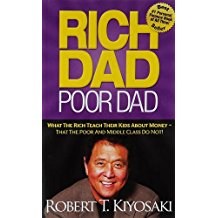
Rich Dad, Poor Dad
Richard Kiyosaki
2000
Read: 2010 or before
Non-Fiction, Reading Now, Recommended for Young Adults
It’s been on the best seller list since it came out. It’s corny and very simply written. But as a parent and an educator, there’s not better book to give you the big picture of money. We educators don’t think about money. We think about how overwhelming our job is, how wonderful it is to […]

Girl at War
Sara Novic
2015
Read: 2016
Fiction, Recommended for Young Adults
This is a book I read when our English department wanted to make it one of our summer reading options for juniors and seniors. Our English department takes very modern books that have been recently awarded with prizes for adolescent literature as its summer reading books, and since they are brand new, none of us […]
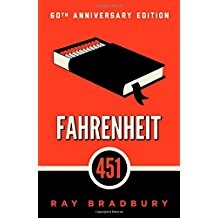
Fahrenheit 451
Ray Bradbury
1951
Read: 2013
Non-Fiction, Recommended for Young Adults
I reread this book after Ray Bradbury died. It was my way of paying homage to a great thinker. I was struck by his prediction of reality TV, something that existed neither when he wrote it nor when I read it in the 1970s, and how it sucks people in. His version of Big Brother […]
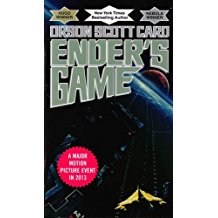
Ender’s Game
Orson Scott Card
1985
Read: 2014
Fiction, Recommended for Young Adults
Somehow I missed this when it came out. I am a fan of this genre and this book was a true though provoker. I only climbed from under my rock when the movie came out. So my son and I read it, discussed it, and saw the movie. Two main thoughts. First – The idea […]